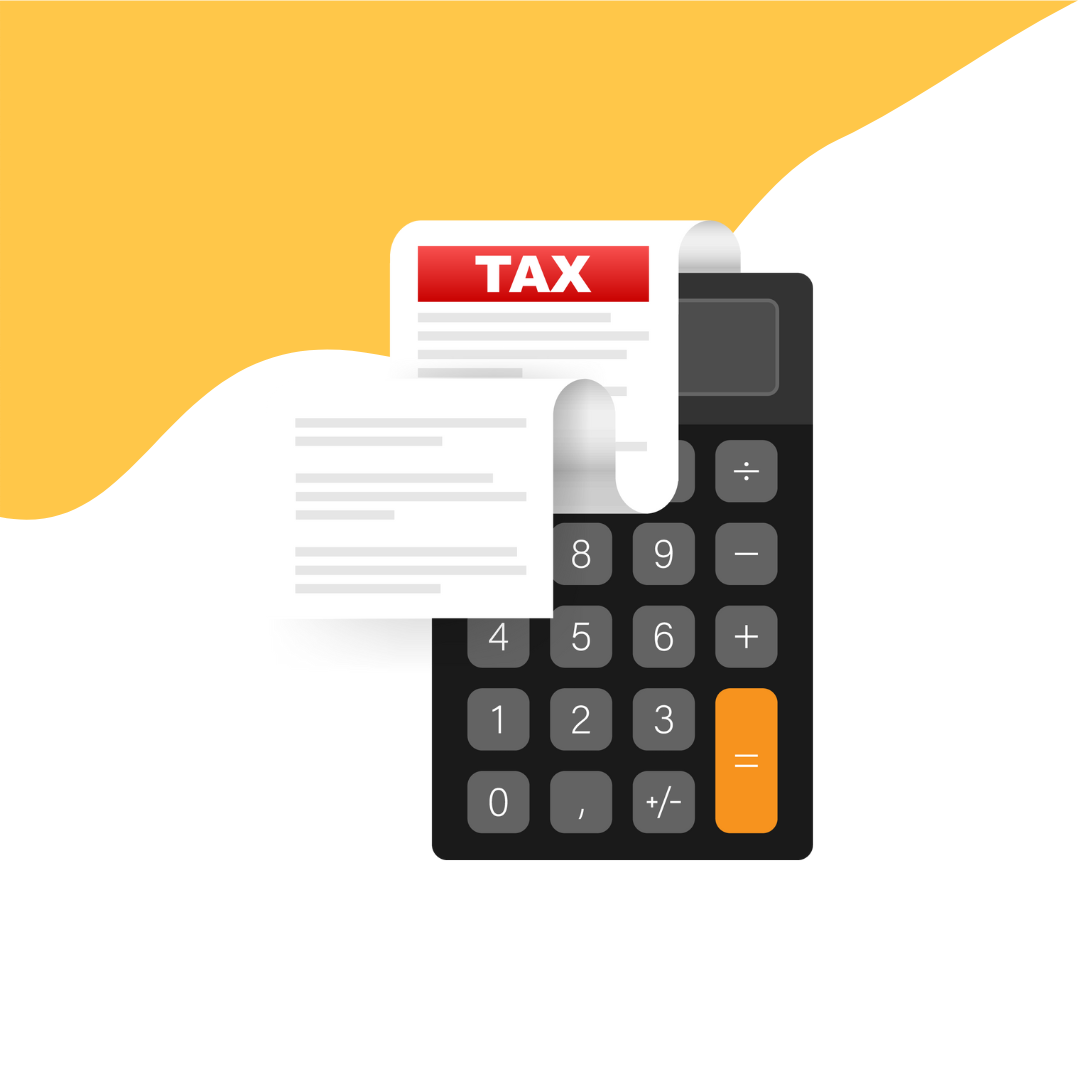Freelancing with ADHD and Autism: Thriving with Access to Work
The freedom and flexibility of freelancing can be a perfect fit for people with ADHD and autism. You control your schedule, leverage your strengths, and be your own boss. However, managing time, staying focused, and dealing with distractions can be significant challenges.
This is where the UK government's Access to Work program comes in. It offers financial support to people with disabilities, including ADHD and autism, to help them succeed in their work. While not specifically designed for freelancers, it can be a valuable resource for both self-employed individuals and those working as limited companies.
Key Points to Remember:
Maximum Grant: Up to £66,000 per year to cover various support options.
Quick Application: The online application can be completed in as little as 20 minutes.
Underutilised Resource: Only 1% of eligible people use the program
Who is Eligible?
Live in England, Scotland, or Wales (not available in Northern Ireland, Channel Islands, or Isle of Man).
Have a long-term health condition or disability (including ADHD) that affects your ability to work and has lasted (or is likely to last) 12 months or more.
Be 16 years or older.
Be in paid work, about to start work, or self-employed (including freelancers, entrepreneurs, and those transitioning into self-employment).
What the Grant Can Cover (Examples):
Focus & Task Management:
Laptops for increased mobility
Noise-canceling headphones
White/brown noise machines
Body doubling apps (like Deepwrk)
Website/app blockers (Freedom, Opal)
Focus music apps (Brain.fm, Endel)
Hyperactivity:
Standing desks
Under desk treadmills
Exercise balls
Fidget tools
Wobble boards
Accountability partner apps
Text-to-speech app (Speechify)
Planning & Time Management:
Visual timers (Forest, Tiimo, Lamma Life)
Smart watches (time management & reminders)
Mind mapping software (SimpleMind, Miro)
Reminder apps (Remember the Milk, Due)
Habit trackers (Habitify)
Task managers (Todoist, Asana, Trello)
Time tracking software (RescueTime)
Tablets (e.g., reMarkable 2) for note-taking or reading documents
Mental Health Support:
ADHD coaching
Therapy (e.g., CBT)
Support workers
Training & mentoring
Stress & Anxiety Relief:
Stress balls
Weighted blankets
Meditation apps (Calm, Breathwrk)
Artificial sun alarm clocks
Other Examples:
Ergonomic chairs
Multiple screens
Large desks
Coworking space access
Virtual assistants
What the Grant Cannot Cover:
General business expenses unrelated to your disability, such as marketing, website development, or office supplies.
Costs you incurred before applying and receiving approval.
Ongoing salary or wages for yourself or employees.
Rent or mortgage payments for your workspace (unless it's a specific adaptation required due to your disability).
Costs covered by other government programs or benefits.
How to Apply (Self-Employed vs. Limited Company):
The application process is the same for both self-employed individuals and those working as limited companies. You can apply online or by phone (0800 121 7479).
What You'll Need:
Personal details and contact information
Employment details (title, type, duration, address, employer contact if not self-employed, UTR number if self-employed)
Description of your ADHD and how it affects your work
Details of any current support you receive
Specific support you think would be helpful
After You Apply:
An Access to Work assessor will contact you to discuss your situation and recommend suitable support options.
Processing times vary, but approvals can take up to 12 weeks for existing jobs. Applications for those starting work within four weeks are prioritised.
Keep your receipts! You have nine months to claim expenses after approval.
Who Pays for Support?
Self-Employed: Access to Work typically covers all approved costs.
Limited Company: Your company will pay for approved items or services. Depending on the company size, Access to Work may refund up to 80% of approved costs under £10,00



